Government experts believe 150,000 firms could be hit by the “reverse charge”.
The changes mean companies in the construction supply chain will no longer receive their 20% VAT payment when they submit bills.
The VAT cash will instead be paid direct to HMRC by the customer receiving the service who will reclaim it in the normal way.
One worried specialist with a £50m turnover told the Enquirer: “We’ve estimated that for us as a tier two contractor this will have a negative impact on cash of £2.3m.
“If you are already running at the limit of lending and can’t get more money from your bank and HMRC just plough on as they usually do you could be screwed.
“Tier twos are already net providers of free credit to Tier one contractors and now we won’t be getting that VAT cash in from Tier ones.”
Neil Lancaster, Partner at accountancy and business advice firm Adams Moore said: “It is crucial for many businesses to acknowledge how this change may affect their cash flow due to the fact they will not receive VAT directly from the contractor.”
HMRC has introduced the change to combat “missing trader fraud” where companies charge and collect VAT payments then disappear owing the tax man.
Payroll companies were braced to be hit hard by the changes but they have now been granted an exemption.
HMRC said: “Employment businesses who supply staff and who are responsible for paying the temporary workers they supply, are not subject to the reverse charge.”
HMRC says you will have to apply the reverse charge if you supply any of these services:
- constructing, altering, repairing, extending, demolishing or dismantling buildings or structures (whether permanent or not), including offshore installation services
- constructing, altering, repairing, extending, demolishing of any works forming, or planned to form, part of the land, including (in particular) walls, roadworks, power lines, electronic communications equipment, aircraft runways, railways, inland waterways, docks and harbours
- pipelines, reservoirs, water mains, wells, sewers, industrial plant and installations for purposes of land drainage, coast protection or defence
- installing heating, lighting, air-conditioning, ventilation, power supply, drainage, sanitation, water supply or fire protection systems in any building or structure
- internal cleaning of buildings and structures, so far as carried out in the course of their construction, alteration, repair, extension or restoration
- painting or decorating the inside or the external surfaces of any building or structure
- services which form an integral part of, or are part of the preparation or completion of the services described above – including site clearance, earth-moving, excavation, tunnelling and boring, laying of foundations, erection of scaffolding, site restoration, landscaping and the provision of roadways and other access works
The following services are not subject to the reverse charge:
- drilling for, or extracting, oil or natural gas
- extracting minerals (using underground or surface working) and tunnelling, boring, or construction of underground works, for this purpose
- manufacturing building or engineering components or equipment, materials, plant or machinery, or delivering any of these to site
- manufacturing components for heating, lighting, air-conditioning, ventilation, power supply, drainage, sanitation, water supply or fire protection systems, or delivering any of these to site
- the professional work of architects or surveyors, or of building, engineering, interior or exterior decoration and landscape consultants
- making, installing and repairing art works such as sculptures, murals and other items that are purely artistic
- signwriting and erecting, installing and repairing signboards and advertisements
- installing seating, blinds and shutters
- installing security systems, including burglar alarms, closed circuit television and public address systems
For full details of the reverse charge plans click here












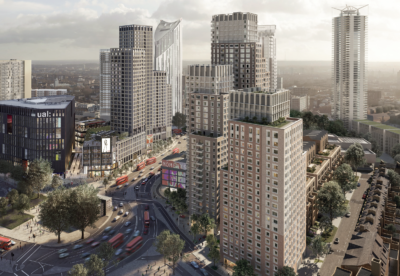
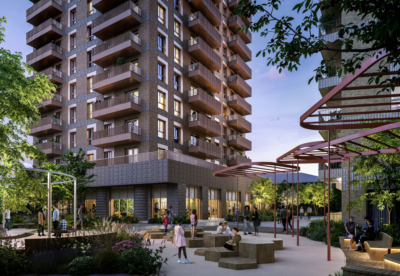
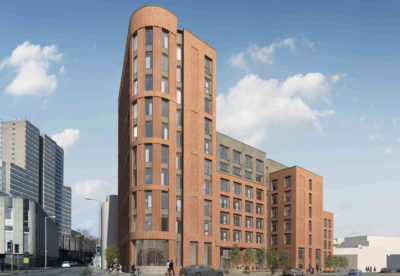



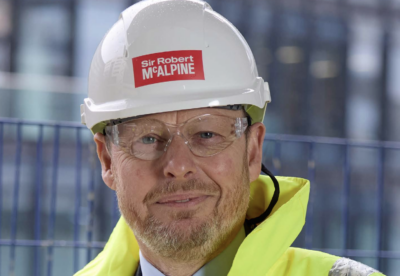
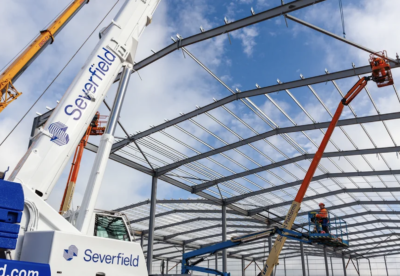
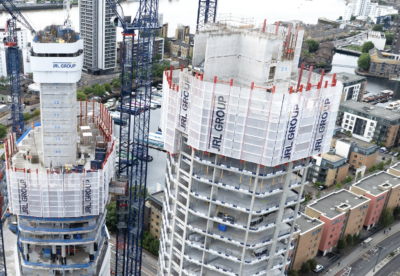

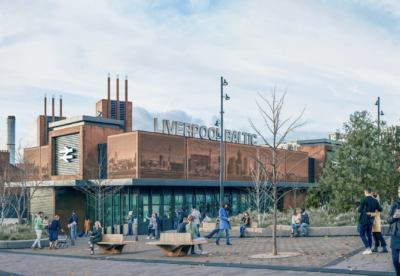


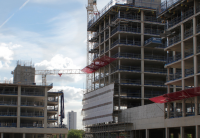
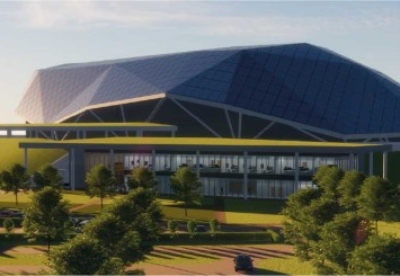


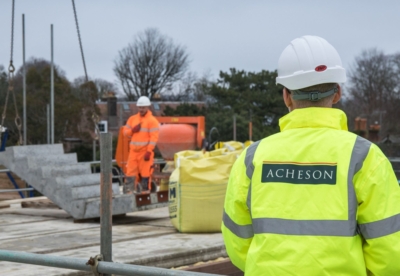
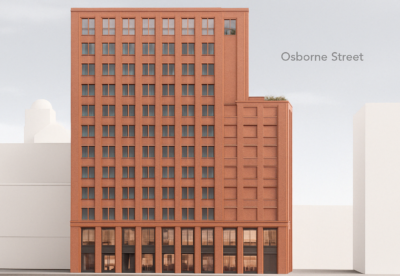


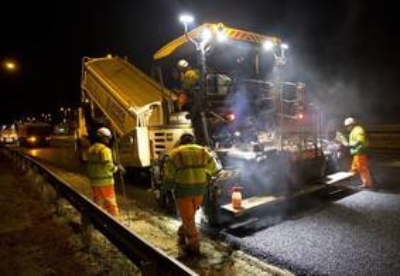



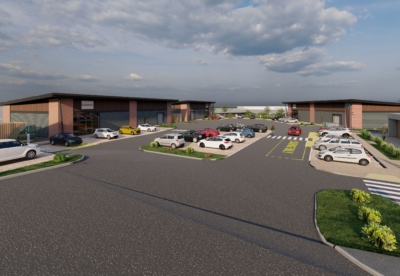
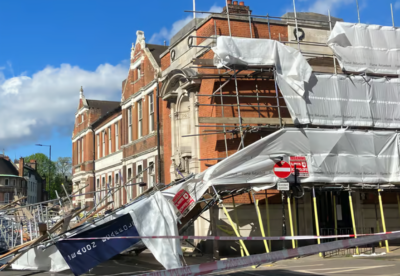
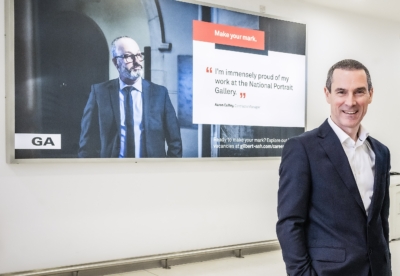
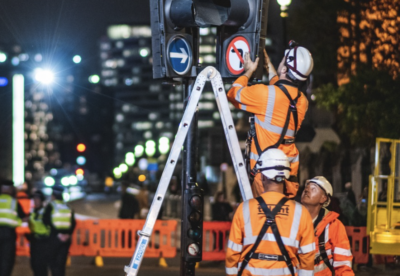


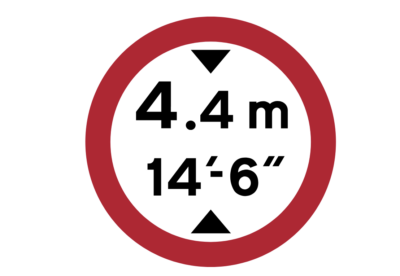


.gif)



 (300 x 250 px).jpg)


